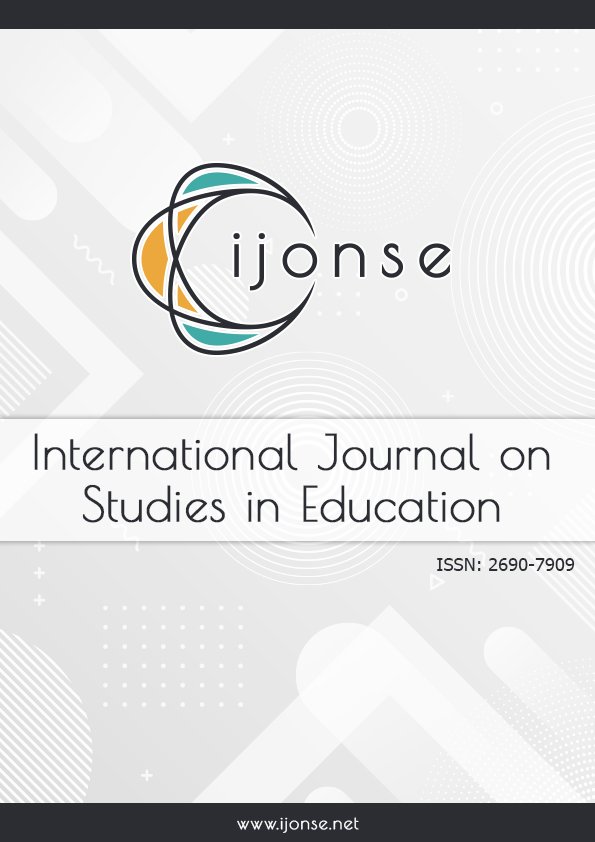Effect of Aphantasia on Academic Achievement and Learning Styles in Higher Education
DOI:
https://doi.org/10.46328/ijonse.262Keywords:
Aphantasic, Vermunt learning style model, Aphanthasia, Visual imageryAbstract
This investigation targets to clarify Learning Styles (LSs) of aphantasic and non-aphantasic higher education students/graduates in accordance with Vermunt Learning Style Model and to LSs of the participants according to their demographic characteristics such as gender and age. Model of study is relational screening and research was carried out online with 260 volunteer participants. "Vermunt Learning Styles Inventory" was utilized to determine LSs of two separate groups with and without aphanatic. Although there are many studies on the LSs in literature, there are very limited study on the Vermunt Learning Style. Differences were found in the learning orientation and academic success of aphantasic people compared to non-aphantasic people. It was concluded that academic achievements of aphantasic participants were higher than the academic achievements of the non-aphantasic participants. When literature is examined, there is no research to examine level of imagination in terms of the LSs and academic success. Therefore, it is thought that the studies to be carried out by expanding scope with different sample groups will contribute to the aphantasic individuals, students and educators with this research. More studies can be done on this subject and experiments can be made for its use in the field of guidance.References
Eker, O., Ozer, B., & Gencel, N. (2024). Effect of aphantasia on academic achievement and learning styles in higher education. International Journal on Studies in Education (IJonSE), 6(4), 644-657. https://doi.org/10.46328/ijonse.262
Downloads
Additional Files
Published
Issue
Section
License
Articles may be used for research, teaching, and private study purposes. Authors alone are responsible for the contents of their articles. The journal owns the copyright of the articles. The publisher shall not be liable for any loss, actions, claims, proceedings, demand, or costs or damages whatsoever or howsoever caused arising directly or indirectly in connection with or arising out of the use of the research material.
The author(s) of a manuscript agree that if the manuscript is accepted for publication in the International Journal on Studies in Education (IJonSE), the published article will be copyrighted using a Creative Commons “Attribution 4.0 International” license. This license allows others to freely copy, distribute, and display the copyrighted work, and derivative works based upon it, under certain specified conditions.
Authors are responsible for obtaining written permission to include any images or artwork for which they do not hold copyright in their articles, or to adapt any such images or artwork for inclusion in their articles. The copyright holder must be made explicitly aware that the image(s) or artwork will be made freely available online as part of the article under a Creative Commons “Attribution 4.0 International” license.

This work is licensed under a Creative Commons Attribution-NonCommercial-ShareAlike 4.0 International License.





